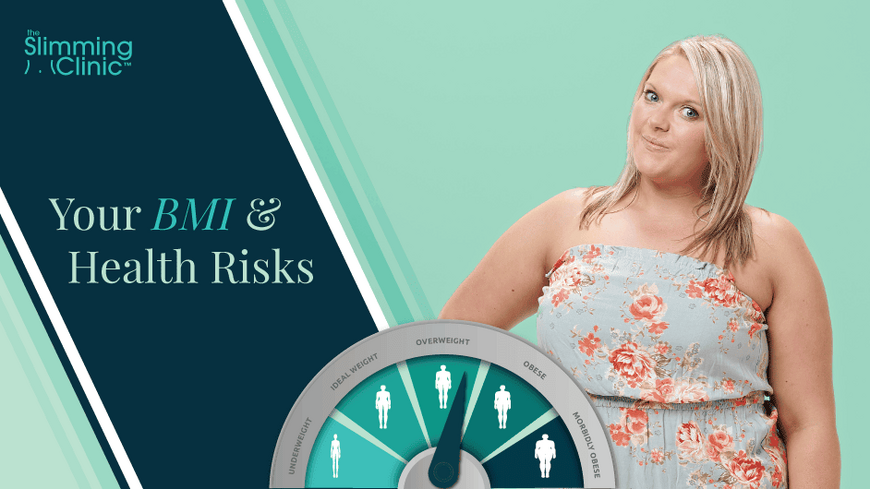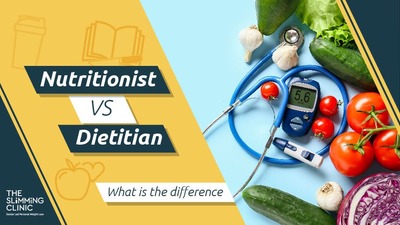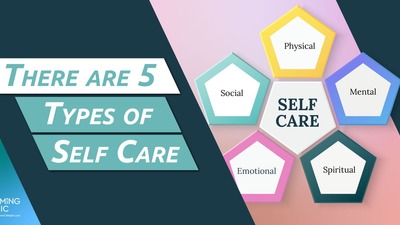Your BMI and the Health Risks
Understanding Your BMI and Why It Matters
Your Body Mass Index (BMI) is a widely used measurement to assess whether your weight is within a healthy range for your height. It can help identify potential health risks linked to high BMI or low BMI, but it also has limitations. In this guide, we’ll explain what BMI is, how to use our BMI calculator, and explore the health risks associated with different BMI categories.
What is BMI?
BMI is a numerical value calculated by dividing your weight (kg) by your height (m²). It is used to classify individuals into different weight categories:
BMI Range | Category |
| Below 18.5 | Underweight |
| 18.5 - 24.9 | Healthy Weight |
25 - 29.9 | Overweight |
| 30 and above | Obese |
Want to check your BMI? Use our BMI calculator to find out where you stand.
Is BMI Always Accurate?
While BMI is a useful screening tool, it doesn’t account for muscle mass, bone density, or fat distribution. For example, athletes may have a high BMI due to muscle rather than excess fat. Other alternatives to BMI include:
- Waist-to-hip ratio - Measures fat distribution.
- Body fat percentage - Provides a more accurate picture of body composition.
- Waist circumference - Identifies central obesity, which is linked to higher health risks.
BMI and Obesity: Understanding the Health Risks
According to the NHS, having a high BMI can significantly increase the risk of serious health conditions, including:
1. Heart Disease & High Blood Pressure
Excess body weight puts strain on the heart, increasing the likelihood of high blood pressure, strokes, and heart disease. Research from the British Heart Foundation highlights the strong link between obesity and cardiovascular issues.
2. Type 2 Diabetes
Obesity is a major risk factor for type 2 diabetes. Carrying excess fat can lead to insulin resistance, making blood sugar levels harder to control.
3. Joint Problems & Mobility Issues
A high BMI increases stress on joints, leading to osteoarthritis and mobility issues.
4. Sleep Apnoea & Breathing Issues
Excess weight can cause airway obstruction, leading to disrupted sleep and breathing problems.
5. Mental Health & Self-Esteem
Being overweight or obese can impact self-confidence and contribute to conditions such as anxiety and depression.
How to Maintain a Healthy Weight for Height
If your BMI falls outside the healthy range, there are steps you can take to improve your health:
- Use a Body Mass Index Calculator - Regularly check your BMI to track progress.
- Adopt a Balanced Diet - Eat whole foods, lean proteins, and reduce processed sugars.
- Stay Active - Engage in regular exercise, including strength training and cardiovascular workouts.
Consider Medical Support - Weight loss medications, such as those regulated by the MHRA, can support weight management when recommended by a doctor.
Taking the Next Steps for Your Health
Your BMI and weight loss journey should be about improving your overall well-being, not just hitting a number on a scale. While BMI is a useful indicator, it should be considered alongside other health assessments. Use our BMI calculator to check your BMI today and take steps toward a healthier future.
If you're ready to take control of your health, we’re here to help. Book an appointment online with one of our experts to discuss your weight management options and find the best plan for you.








